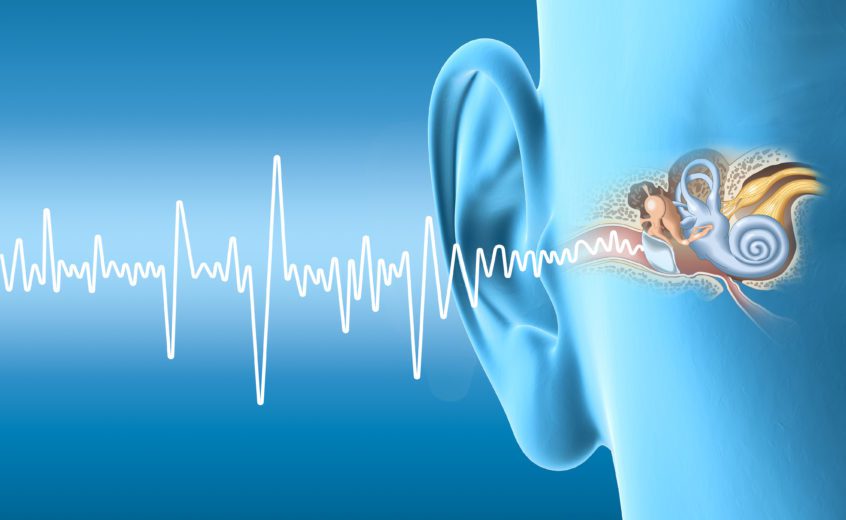Millions of individuals have a condition known as tinnitus. Tinnitus can range from a minor annoyance to a major disruption in an individual’s life. But what causes tinnitus and how do you get it? Here, we’ll answer some of the most common questions about tinnitus and sound sensitivity.
What are tinnitus and sound sensitivity?
Tinnitus is the perception of sound when no external sound source is present. Tinnitus can take on any number of characteristics and is usually a sound that only you can hear. You can experience tinnitus that varies from soft to loud and from low to high pitched. Individuals describe their tinnitus in a number of ways, including crickets chirping, buzzing, clicking, ringing, white noise, and/or a roaring sound. Although these descriptions are typical, there are no specific rules about how tinnitus is perceived. Each person’s experience can be different.
Sound sensitivity is reduced tolerance to everyday sounds that are generally tolerated easily by most individuals. This can include sensitivity to louder sounds (hyperacusis) or softer sounds (misophonia, selective sound sensitivity, phonophobia).
How common are tinnitus and sound sensitivity?
According to the American Tinnitus Association (ATA), tinnitus is one of the most common health conditions in the United States, affecting approximately 45 million Americans to some degree.
An estimated 20 million have symptoms severe enough that they seek medical attention, and approximately 2 million cannot function “normally” on a day-to-day basis. Hyperacusis occurs in an estimated 7.7 to 15 percent of Americans. The prevalence of misophonia and phonophobia is unknown.
What causes tinnitus and sound sensitivity?
Most often, tinnitus and/or hyperacusis are caused by a change in auditory function. This change may result from exposure to excessively loud sounds, chronic diseases like diabetes, or medications that damage the ear. Tinnitus can also be caused by something as simple as impacted ear wax. In rare cases, tinnitus and/or hyperacusis may be associated with other underlying medical conditions. The cause of soft sound sensitivity is less well understood.
When should I pursue help?
If you find your tinnitus and/or sound sensitivity to be particularly bothersome, you should seek help. If your condition is affecting your quality of life by reducing your sleep, affecting your performance at work, making tasks in your everyday life less enjoyable, or reducing your ability to concentrate, you may benefit from some sort of intervention.
How are tinnitus and/or sound sensitivity managed?
There are many management options for these conditions. Because each individual’s experience is unique, it’s best to work with an audiologist or physician to determine the best course of treatment.
Associated Audiologists has an audiologist who specializes in diagnosing and managing tinnitus/sound sensitivity. She utilizes a wide variety of sound therapy techniques and tools proven to offer long-term relief, including hearing aid technology.
Schedule an appointment with our tinnitus specialist.
For more information about tinnitus, download our free e-book here.



